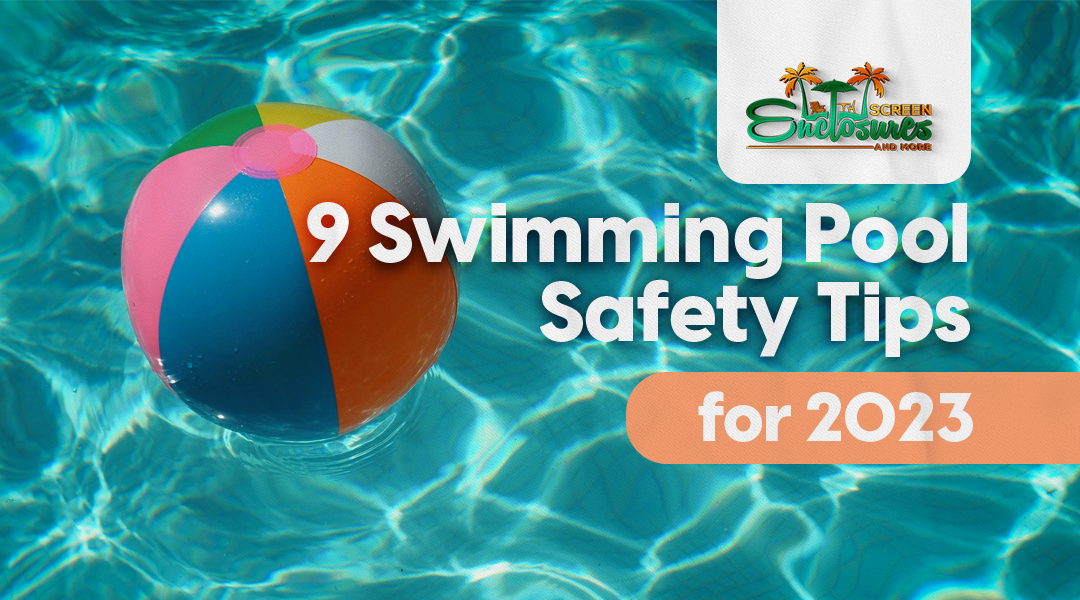Swimming pools are a great source of fun and relaxation for people of all ages, but they can also be dangerous if proper safety measures are not taken. According to the Centers for Disease Control and Prevention (CDC), drowning is the leading cause of injury-related death for children between the ages of 1 and 4, and the second leading cause for children under the age of 14.
At Screen Enclosures and More, we want you to stay safe while enjoying your pool this summer. Here are nine important tips to keep your family and friends safe while enjoying your pool.
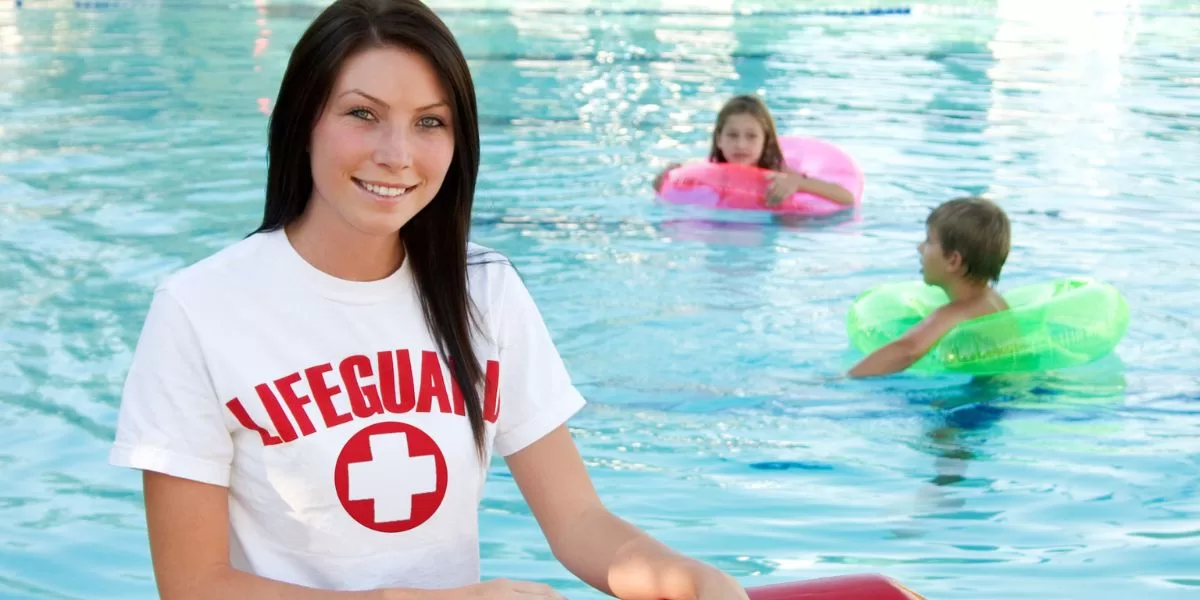
1. Supervision
Never leave children unattended in or near the pool, even for a few seconds. Make sure that an adult is always present and actively supervising swimmers.
If you are the only adult present, make sure that you can see all areas of the pool and have a phone nearby in case of emergency. Children should also be taught to never swim alone and to always have a swim buddy with them.
2. Pool Fencing
Pool fencing is an essential safety feature for all pools. It should completely surround the pool and be at least 4 feet tall. The fence should have a self-closing, self-latching gate that is out of reach of children.
Fencing is an effective way to keep your children and pets out of the pool area when it is not in use, but it is also useful in preventing unauthorized access to the pool from neighborhood children, pets, and intruders.
A screen enclosure also helps provide a perimeter around your pool. If alligators or snakes are a common problem in your area, then consider a screen enclosure. It can be easy for snakes and small gators to slip through a pool fence. There are also screen enclosure options that won’t block your view, unlike fencing.
3. Pool Covers
Pool covers can help to prevent accidents. There are different types of pool covers, including mesh and solid covers. Mesh covers are designed to keep debris out of the pool, but they are not as effective at preventing drownings as solid covers. Solid covers can support the weight of a child or pet and should be securely fastened to the pool deck.
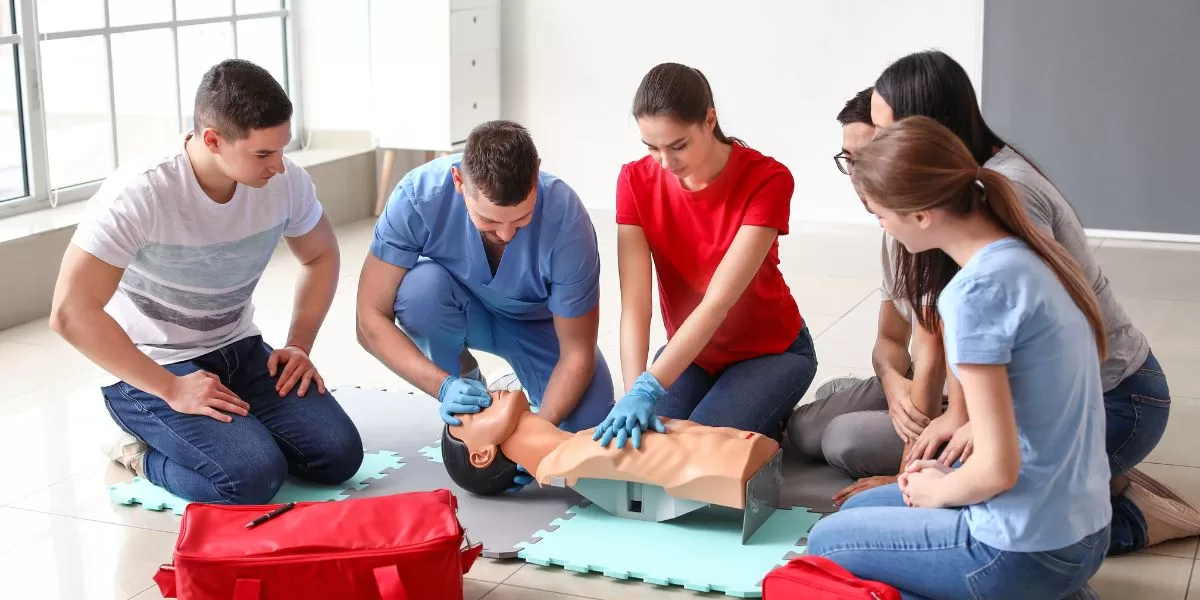
4. Learn CPR
In the event of an emergency, knowing CPR can make all the difference. CPR can help to maintain blood flow and oxygen to the brain until medical help arrives. Many organizations, including the Red Cross, offer CPR certification courses. It is also important to have a phone nearby in case of emergency.
5. Pool Alarms
Pool alarms can provide an additional layer of safety. There are several types of pool alarms available, including surface alarms and subsurface alarms.
Surface alarms sound an alarm when the water surface is disturbed, while subsurface alarms detect movement below the surface. Pool alarms are not a substitute for supervision, but they can provide an added level of protection.
6. Pool Safety Equipment
It is important to keep pool safety equipment, such as life jackets, pool noodles, and rescue equipment, near the pool. Life jackets should be worn by children and weak swimmers and should be properly fitted.
Rescue equipment, such as a pool hook, should be kept within easy reach. Pool noodles are also helpful for supporting swimmers and can be used to mark off shallow and deep areas of the pool.
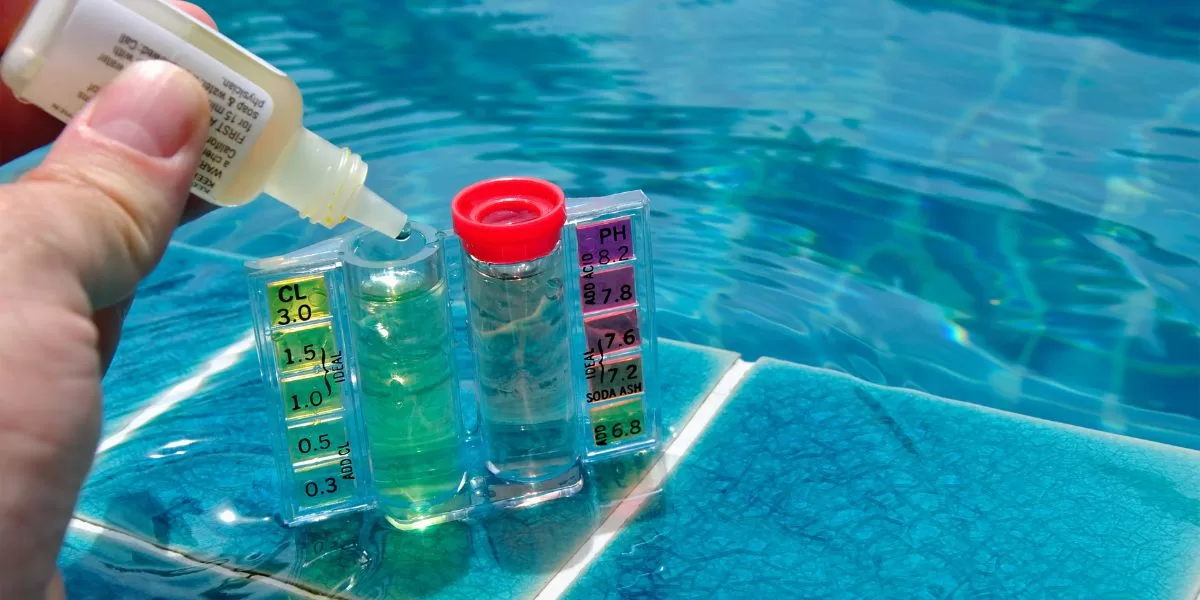
7. Chemical Safety
Pool chemicals are essential for maintaining a clean and safe swimming environment, but they can be dangerous if not handled properly. Always follow the manufacturer’s instructions when adding chemicals to the pool, and never mix different chemicals.
Keep pool chemicals out of reach of children and pets, and wear protective gloves and eyewear when handling them.
8. Sun Safety
Sun safety is important when spending time outdoors, especially around the pool. Make sure to apply sunscreen with an SPF of at least 30 before swimming, and reapply every two hours or after swimming. Wear protective clothing, such as a hat and sunglasses, and seek shade during the hottest parts of the day.
At Screen Enclosures and More, we offer many different types of screening some of which include UV protection. This is a welcomed benefit for pool owners in Florida. We also offer shade sails that attach to your screen enclosure and create a shady area inside your pool enclosure.
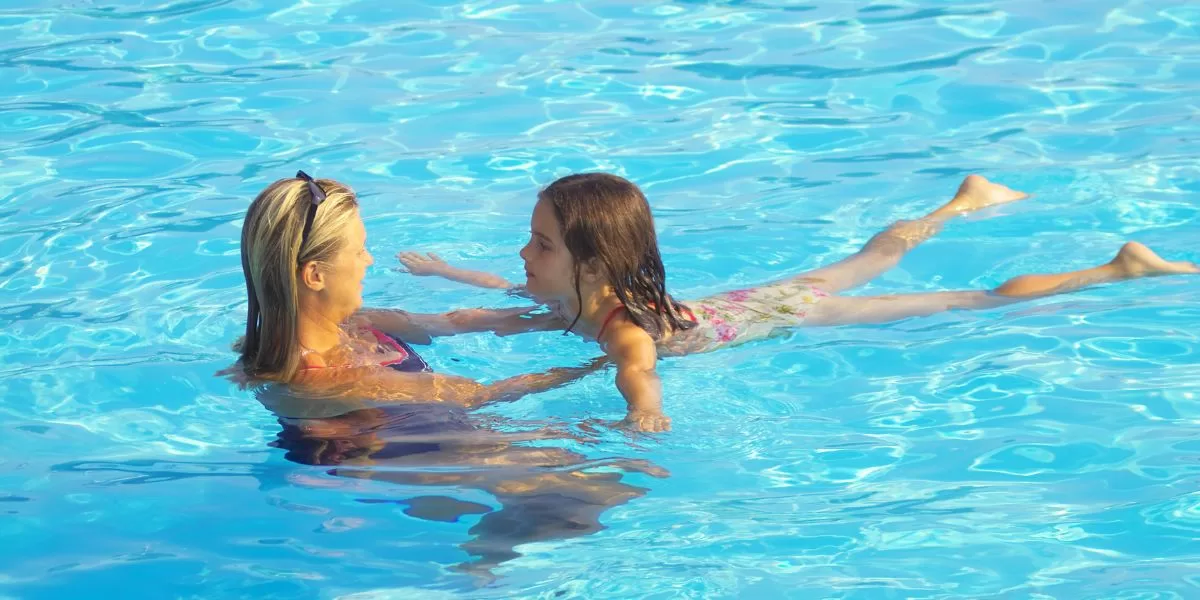
9. Teach Swimming Skills
Teaching children and adults how to swim is an important part of pool safety. Swimming lessons can teach basic swimming skills, such as floating and treading water, as well as water safety skills, such as how to exit a pool safely.
There are many companies and organizations that also provide swimming lessons here in Jacksonville, Florida such as the YMCA. Check out their schedule and teach swimming skills at an early age.
Have Fun and Stay Safe this Summer
Swimming pool safety is essential for everyone who enjoys swimming but it is especially important for children. By following these tips, you can help to prevent accidents and injuries and keep your family and friends safe while enjoying your pool.
Remember to always supervise children around the pool, use pool fencing and covers, learn CPR, use pool alarms and safety equipment, handle pool chemicals with care, practice sun safety, and teach swimming skills. By taking these precautions, you can help to ensure that your pool is a fun and safe place for everyone to enjoy.
Interested in a screen enclosure for your pool or shade sails for your existing screen enclosure? Click here to get a free estimate today!


